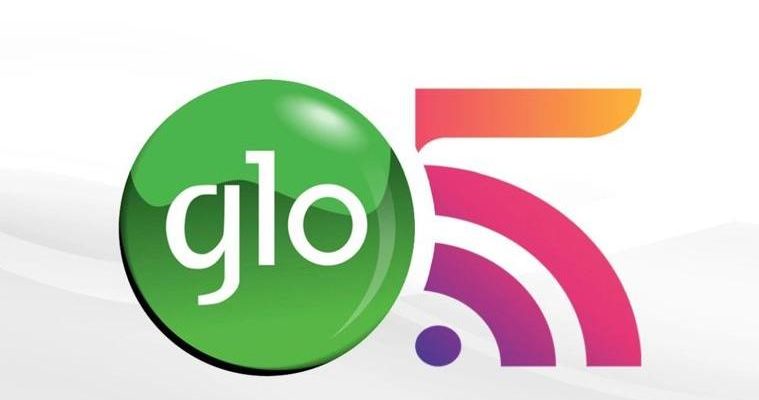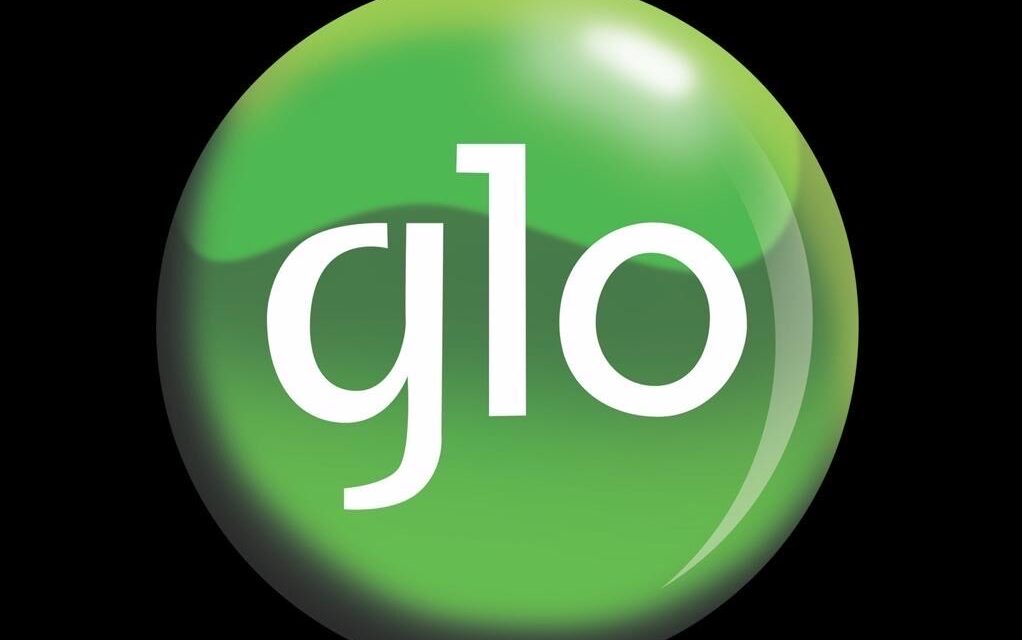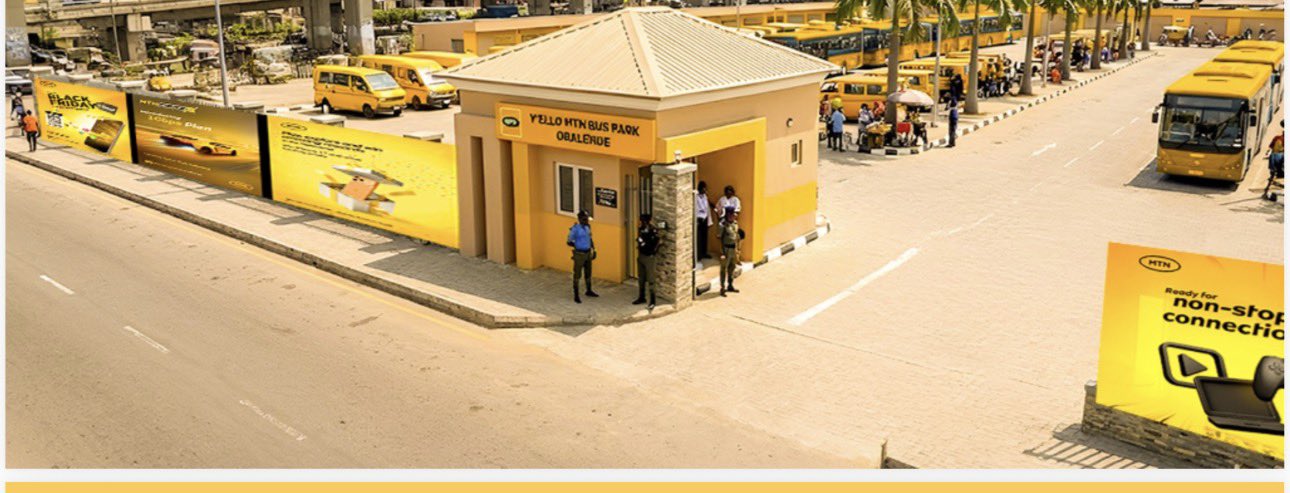Glo, Wave5 To Launch Urban Wi-Fi In Lagos Under New Deal

Globacom, the telecommunications company founded by billionaire tycoon Dr. Mike Adenuga, has entered into a new partnership with Wave5 Wireless to roll out public Wi-Fi in parts of Lagos.
The pilot project is aimed at reducing mobile network congestion and improving internet access in busy areas of the city.
In a joint statement released on Sunday, both companies said the service will be delivered using a Build-Operate-Revenue Share model, allowing Glo’s 3G and 4G traffic to be offloaded onto Wave5’s Wi-Fi infrastructure.
The pilot phase will cover locations like Tejuosho and Arena markets, as well as 15 LAMATA bus shelters across Lagos. Together, these locations are expected to serve more than 200,000 mobile users.
Wave5 said users will be able to access the service for a daily fee starting at N500 ($0.326), which covers roughly three hours of usage and can be used across 200 days a year.
That model, they added, could generate about $7.2 million in recurring annual revenue.
“This partnership redefines connectivity in Nigeria,” said Biola Akinyemi, Wave5’s Chief Technology Officer and Co-Founder. “We listened to everyday users who struggle with poor network coverage, and we’re using this collaboration with Glo to help ease those frustrations while opening doors to more digital services.”
Wave5’s founder and CEO, Ayọ̀wándé Adálémọ, said the move isn’t just about better data speeds.
“Our mission has always been to close Nigeria’s digital gap,” he said. “We’re not only improving internet access, we’re also supporting small businesses and helping people stay connected.”
The company said the project also serves as a test case for its neutral-host model, where multiple telecoms can share the same infrastructure.
To support future growth, Wave5 is currently raising $3 million to scale the initiative across Nigeria and other countries in sub-Saharan Africa.
The company sees this as an attractive opportunity for investors, especially with Glo’s involvement and a proven recurring revenue model.
For Globacom, this latest initiative adds to a growing list of strategic efforts to widen its reach and improve service quality.
In May, the company extended mobile coverage to Kura, a rural settlement near Abuja.
The move, in partnership with Chinese tech giant Huawei, brought mobile connectivity to about 12,000 residents —many for the first time.
Within just two days of the network going live, users had already streamed over 81 gigabytes of data and made more than 13,000 minutes of calls.
The LTE network held up well, with speeds of up to 5.0 Mbps.
Glo has also been expanding its retail and digital footprint.
Earlier this year, it opened a new Glo World store in Maiduguri, a city in northeast Nigeria that has faced years of conflict and underinvestment.
The store is part of Glo’s broader push to improve customer service and network access in underserved areas.
In Lagos, Glo launched its first digital innovation hub and plans to open more centers in Port Harcourt, Ibadan, and Abuja. These hubs aim to support young tech entrepreneurs, offering training and workspaces that could help drive job creation in the country’s growing digital economy.













